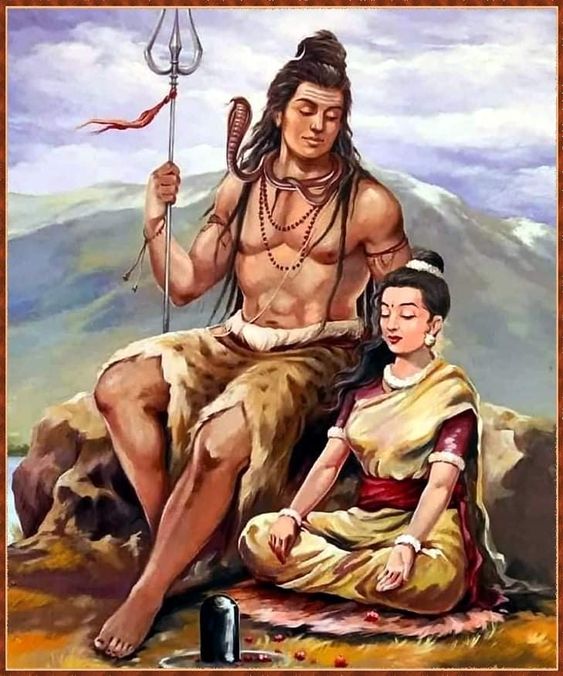What is Sanatana Dharma?
Sanatana Dharma also known as Hinduism means eternal and timeless law, that is way of life.
Eternal means that has, is and always will be.
Dharma and religion is not the same.
Religion is beliefs. Beliefs of the things that you do not know about. Example: Reading and talking about water.
Sanatana Dharma is about seeking and experiencing. You don't have to believe it, if you don't want to. You can and have to experience it yourself. Example: To experience water, you have to find and drink the water.
Sanatana Dharma is a tree springing from the core concept of dharma and splitting up into innumerable gurus (teachers)/schools/practices as of leafs of tree.
Sanatana Dharma gives freedom of thought, it's a vibrant Philosophy with many noble ideas and intelligent thoughts.





